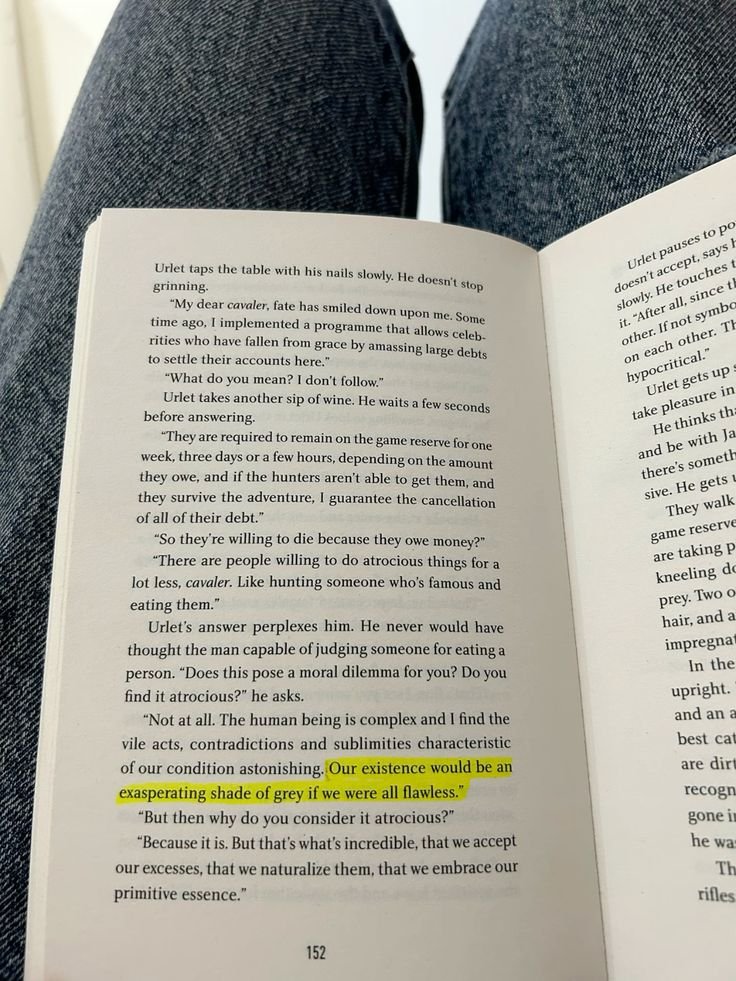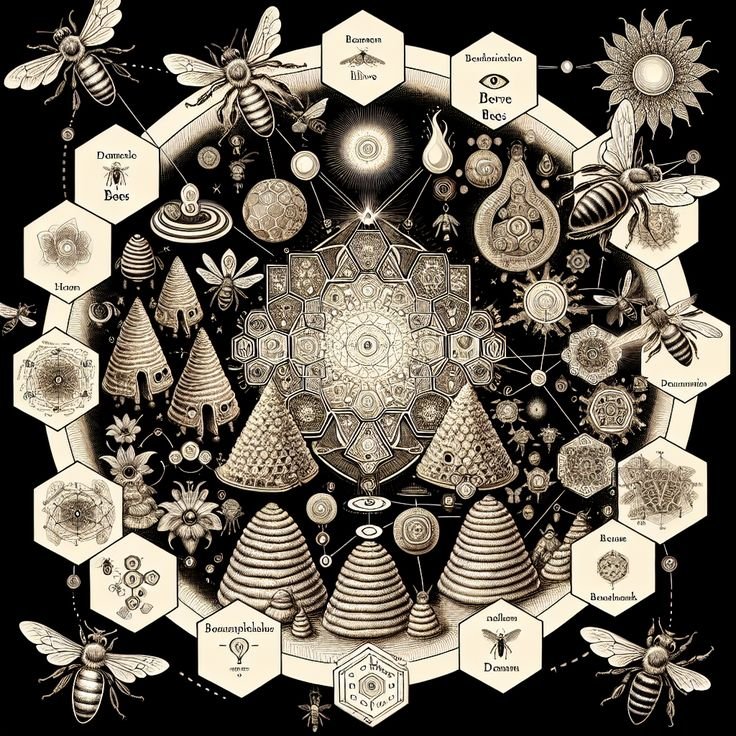Introduction to Tender is the Flesh
The phrase tende is the flesh resonates with layers of meaning, sparking curiosity and unease in equal measure. It is the title of a thought-provoking novel by Argentine author Agustina Bazterrica, whose work invites readers into a dystopian world where human flesh becomes a commodity. This article delves into the novel’s themes, its impact on readers, and the broader societal implications of its disturbing premise.
Table of Contents
The Premise of Tender is the Flesh
Tende is the Flesh unfolds in a world where animal meat is no longer consumable due to a mysterious virus. Governments and corporations pivot to “special meat,” a euphemism for human flesh, leading to institutionalized cannibalism. Bazterrica’s narrative doesn’t shy away from brutal details, forcing readers to confront uncomfortable truths about humanity, morality, and the ethics of consumption.
Themes Explored in Tender is the Flesh
The novel explores several profound themes, making tende is the flesh a significant literary work:
- Dehumanization and Commodification In the world of tende is the flesh, humans bred for consumption are stripped of their identity and called “heads” to dehumanize them. This theme reflects real-world practices in industries where living beings are reduced to commodities.
- Ethics of Consumption By replacing animals with humans, tende is the flesh challenges readers to reflect on their dietary choices and the ethics of industrialized farming. The parallels drawn between the treatment of “heads” and livestock are intentional, urging a reevaluation of modern food systems.
- Survival and Moral Compromise The characters in tende is the flesh navigate a moral minefield, questioning what survival means when humanity itself is compromised. The protagonist, Marcos, provides a lens through which readers grapple with these ethical dilemmas.
Tender is the Flesh: A Mirror to Society

Bazterrica’s tende is the flesh serves as a mirror to our society, reflecting uncomfortable truths about exploitation, consumerism, and desensitization. The novel’s dystopian setting may seem exaggerated, but its parallels to real-world practices are undeniable.
Literary Style and Impact of Tender is the Flesh
- Narrative Technique Bazterrica employs a stark, unflinching narrative style in tender is the flesh, emphasizing the cold, calculated nature of the world she depicts. Her use of language is precise, making the horrors of this dystopia feel alarmingly real.
- Reader Reactions The visceral nature of tender is the flesh has elicited strong reactions from readers worldwide. Many find the novel deeply unsettling yet impossible to put down, a testament to its powerful storytelling.
The Ethical Questions Raised by Tender is the Flesh
Tender is the flesh raises several ethical questions that linger long after the final page:
- What defines humanity, and how is it preserved in a society driven by survival?
- Can morality exist in a world where dehumanization is normalized?
- How do our current practices around consumption and exploitation parallel the dystopian world of tende is the flesh?
The Global Reception of Tender is the Flesh
Since its publication, tender is the flesh has gained international acclaim. Translated into multiple languages, it has sparked debates about ethics, dystopian fiction, and the human condition. Its chilling premise has made it a standout work in contemporary literature.
Analyzing the Symbolism in Tender is the Flesh

Bazterrica’s use of symbolism in tende is the flesh adds depth to the narrative:
- The Virus: Represents the fragility of societal norms and how quickly they can be upended.
- Special Meat: A stark metaphor for the commodification of life.
- Marcos’ Journey: Symbolizes the struggle between maintaining humanity and succumbing to a dehumanized world.
Tender is the Flesh and Its Relevance Today
In an era where ethical consumption and sustainability are hot topics, tender is the flesh feels particularly relevant. The novel forces readers to confront their complicity in systems of exploitation and consider alternative paths toward a more ethical future.
Also read How is Trevors Story Impactful: Exploring Its Profound Influence
Conclusion: Why Tender is the Flesh Matters
Tender is the flesh is more than a dystopian novel; it’s a call to examine the moral compromises inherent in our daily lives. By presenting a world where humanity is literally consumed, Bazterrica pushes readers to question what it truly means to be human.
This provocative exploration leaves an indelible mark, ensuring that tender is the flesh will remain a pivotal work in literary and ethical discourse for years to come.


